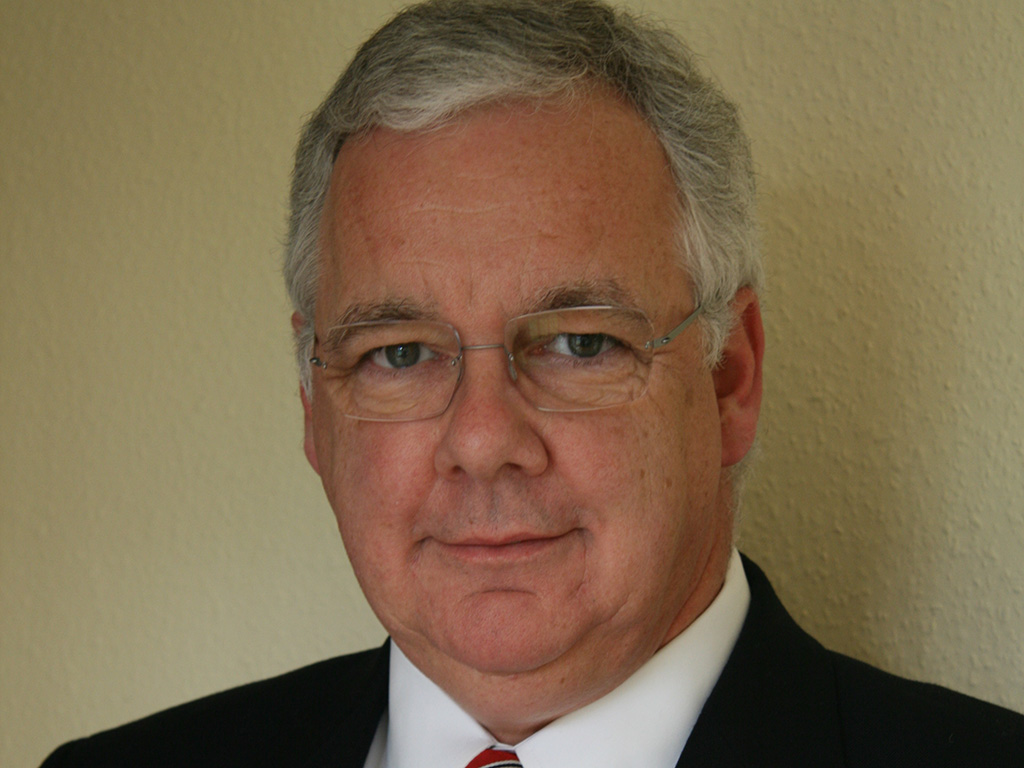Perthshire firm aims to put decay in ‘time warp’
New technology claims to be able to help teeth ‘remineralise’
Former Dundee Dental School dean Professor Nigel Pitts (above) is one of the brains behind a revolutionary new device that aims to put tooth decay in a ‘time warp’.
Prof Pitts and his colleague Dr Chris Longbottom, himself a Dundee graduate, are the co-founders of Reminova, a new company set up to develop technologies in the fields of caries treatment, prevention and management, as well as tooth whitening.
The company is the first spin-out from the King’s College London Dental Innovation and Translation Centre which was launched in January 2013. The centre was formed to take research and novel technologies and turn them into products.
The technology aims to take the pain out of tooth decay treatment by electrically reversing the process to help teeth ‘remineralise’
And, while the national press has been happily predicting the end of drilling and filling, the official Kings College press release was a little more circumspect in its predictions, announcing that “dentists could soon be giving your teeth a mild ‘time warp’ to encourage them to self-repair”.
It continued: “The technology aims to take the pain out of tooth decay treatment by electrically reversing the process to help teeth ‘remineralise’.
“The two-step method developed by Reminova first prepares the damaged part of the enamel outer layer of the tooth, then uses a tiny electric current to ‘push’ minerals into the tooth to repair the damaged site.
“The defect is remineralised in a painless process that requires no drills, no injections and no filling materials. Electric currents are already used by dentists to check the pulp or nerve of a tooth; the new device uses a far smaller current than that currently used on patients and which cannot be felt by the patient.
“The technique, known as Electrically Acceleratedand Enhanced Remineralisation (EAER), could be brought to market within three years.”

Comments are closed here.